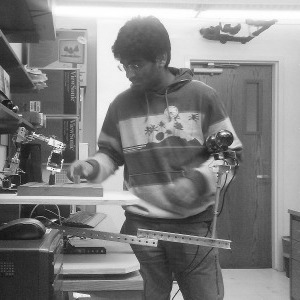Applied Machine Learning (MSc)
Informatics (INFR11211), Semester 1, 2025
Week 11 Instructions
Coursework - supplementary material
- Reminder to submit your code and latex source before Thurs 27th at 5pm. Submission will be via Learn, and will be available soon. You can find detailed instructions here.
Exam Revision
- Exam revision tips can be found on the exam page here.
Course Survey
- We welcome your feedback! Please fill out the course survey. See email on Fri 14th of Nov for the link.
General
- There are no more Q&A sessions for AML and no more new lecture videos, tutorials, or labs.
In this course we will be introducing a number of machine learning methods and concepts, helping to understand how they work, and how to apply them.
Those wanting to conduct research in, and develop, machine learning methods should consider taking PMR (INFR11134) instead. For general information on different machine learning courses at Informatics, see here.
On successful completion of this course, you should be able to:
- Explain the scope, goals and limits of ML, and the main sub-areas of the field.
- Describe the various techniques covered and where they fit within the structure of the discipline.
- Apply the taught techniques to data, to solve ML problems, using appropriate software.
- Analyse ML techniques in terms of their limitations and applicability to different problems, as well as potential ethical concerns.
- Compare and evaluate the performance of ML techniques using systematic approaches to conducting experiments and assessing scientific hypotheses.

